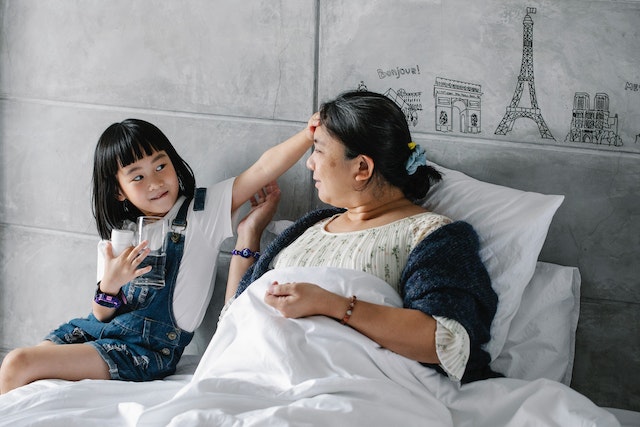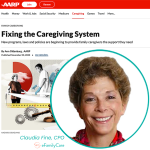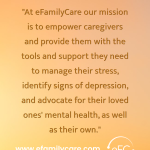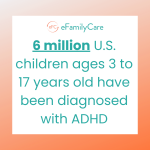Caregivers are people who care for you and spend time with you regularly. Your caregivers may or may not be in your family. Some caregivers can do more than others to help you, but it’s still important that they know how much they mean to you and how much their support means!
Caregivers are people who care for you and spend time with you regularly.
Caregivers are people who care for you and spend time with you regularly. They may be family, friends, neighbors, or professionals such as doctors and nurses. Caregivers can be paid or unpaid.
- Caregiving is done by a variety of people in different circumstances:
A person may be caring for their own parent or spouse at home on a full-time basis because an illness prevents them from caring for themselves independently (this is usually called a “primary caregiver”). Or the person may need to take care of an aging parent who lives somewhere else but visits regularly (a “secondary caregiver”). - In some cases both spouses work full-time jobs outside their homes and rely on family members such as older children who are able to make daily trips between school/work/home each day while also taking over household duties.

“It's important to know who in your life helps you, and how they help you, so that they can be invited to join your circle, be given access to the resources they need to be most effective, and become a long-term part of your support network.”
eFamilyCare Tweet
Your caregivers may or may not be in your family.
You may think of caregivers as family members or friends who help you take care of yourself. But they don’t have to be. Caregivers often do more than just help you with day-to-day tasks such as shopping and cleaning; they also provide emotional support and comfort when times get tough. They’re the ones who listen when you need someone to talk to—or just show up without needing anything in return, which is often what we need most!
What are some of the things caregivers help with?
The person who is helping you may be a friend, neighbor, or family member who helps a variety of day to day tasks. For example:
- Caregivers can help with transportation. For example, they can take you to the doctor’s office or grocery store.
- Caregivers can help cook meals for you and clean your house so that it stays safe.
- Caregivers can help manage medications by giving them to you on time every day (or night).
- And much, much more!
Feeling positive about your caregivers is a good thing!
Asking for help is an act of self-love. It’s saying, “I know that I need help and am willing to ask for it.” Asking for your caretaker’s assistance can feel scary, but the worst case scenario is that they say no. You’ll still be okay—and you can always try again later!
It’s important to remember that receiving care does not mean being a burden on someone else or taking advantage of their generosity. Receiving care from others doesn’t diminish your worth as a person; it means you’re human, and humans need each other. Your caregiver may be more than happy to be there for you; they might even consider themselves lucky to have been chosen by their loved one as someone they could count on!
It's important to know who in your life helps you, and how they help you.
At this point, you have a better idea of who everyone is in your life. And now that you know what they do for you and how they do it, consider inviting them to discuss it. Some people might be hesitant to step into the caregiver role, but it’s important to make sure everyone knows their importance to you—and it’s worth asking them about it.
It’s important to know who in your life helps you, and how they help you, so that they can be invited to join your circle, be given access to the resources they need to be most effective, and become a long-term part of your support network.







